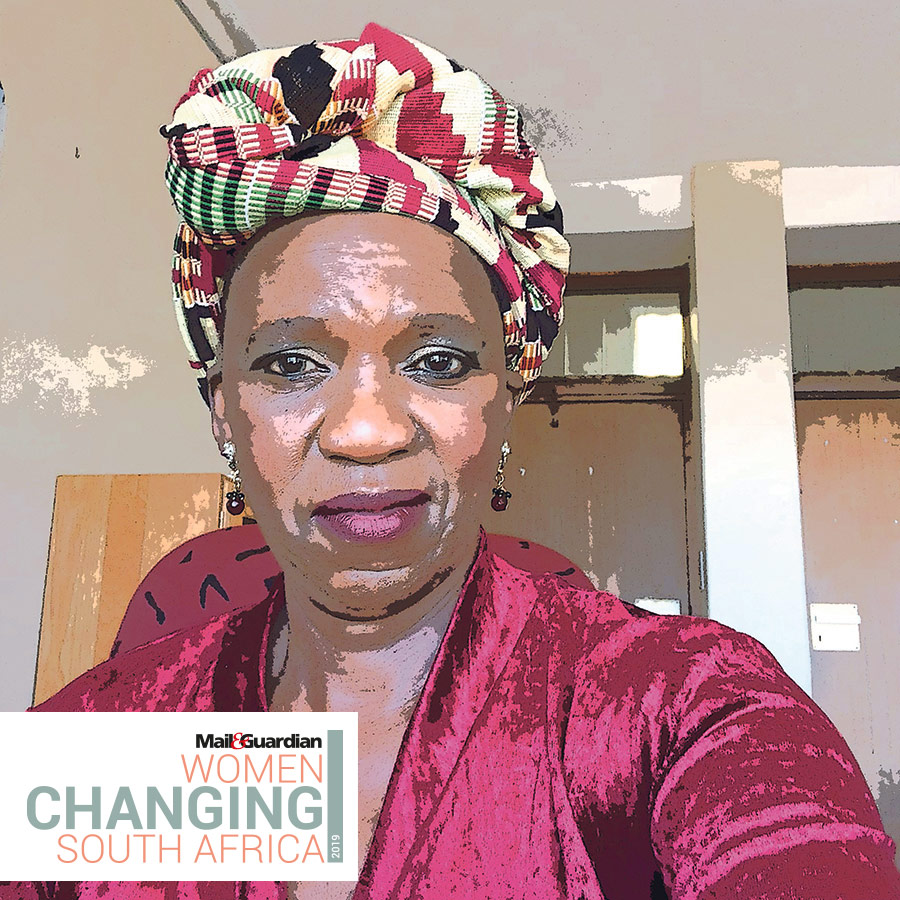| School Director for the School of Arts with SEVEN Departments — University of South Africa |
Professor Nombeka Mpako is the acting director of the school of arts at the University of South Africa, a role that entails heading up the art history, visual arts, and musicology departments. Her academic career began at the University of Fort Hare, where she obtained an honours in fine arts, and a higher education teaching diploma, before completing her master’s in art and design education and PhD in art education at the University of New South Wales.
Mpako’s career has been ascendant, and throughout her time as an academic she has worked to transform the local university curriculum to better embrace an Africanness that she believes should be innate to these institutions. In her own words: “We are not saying that we should disregard the Western knowledge that we have learned. We are saying, let us embrace our methodology of teaching, of knowing, and our own epistemology, so that we are able to expand our knowledge to the world at large.”
Her work reflects her steadfast belief that uniquely African knowledge and thinking is of equal value to the academic sphere as Western ideologies are.
Mpako has developed programmes for previously disadvantaged people studying art degrees, resulting in countless bursaries and graduations for students who might never have had a career in art otherwise. Part of what she hopes to do in her position is to redress the view of a career in art as wasteful, which pervades many young minds. She is heavily involved in transforming the visual curriculum at Unisa to better “embrace our own ways of knowing and thinking”.
Her commitment to both the arts and people makes Mpako extraordinary: her career reflects a rare resolve, evidenced by a community engagement project that took nine years to be acknowledged by the Gauteng department of basic education. The project empowered primary school teachers in the region with the necessary skills for teaching creative arts and music in their schools.
“The project was made necessary as a result of the apartheid regime, where creative arts and music was not taught in government schools for blacks,” says Mpako. “Art instruction helps children with the development of motor skills, language skills, social skills, decision-making, risk-taking, critical thinking skills and inventiveness that will benefit our future generations.” Thankfully for South Africa’s children, Mpako is sculpting a better system for our nation’s schooling.
— Cayleigh Bright


